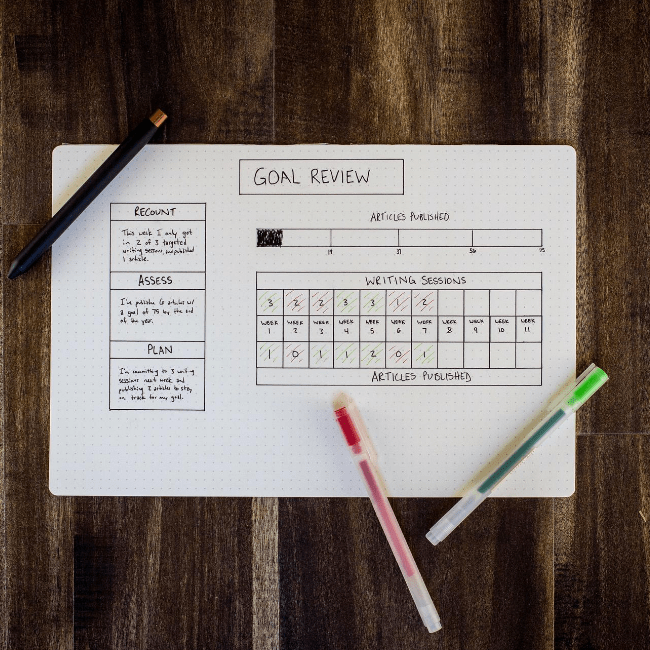If you refresh Instagram every half hour or spend too much time binge-watching Netflix, here are 5 science approved ways to break your bad habits.

The Science Behind A Bad Habit
To understand why we develop bad habits, it’s important to first get a grasp on the concept of reward-based learning. This form of learning involves a trigger (for example, seeing someone smoke), followed by a behaviour (smoking), and a reward (your nicotine craving has been satisfied). These three steps will show up every time you smoke a cigarette, eat some candy, or skip the gym to lounge on the couch. Every time that process is repeated, we reinforce the learning to the point where the process is automatic. This is how we form habits. The first step towards developing better habits is to realize how you soothe yourself when you’re stressed. For a more in-depth explanation of how to break your bad habits, check out this article.

Know Your Triggers to break your bad habits
Triggers are the context where you tend to engage in that behaviour. If you stay up too late when you should be getting some well-needed rest, your trigger is probably those YouTube videos you’ve been watching until 3 am. If you’re dieting, your trigger might be a glance at the dessert menu. Knowing what triggers your bad habit is the first step to changing them. If possible, it’s a good idea to remove items that may remind you of your bad behaviours. If you’re trying to quit drinking, avoiding your local watering hole is a good first step.

Controlling Your Stress Levels
The route of the problem is stress. You’re more likely to do things you don’t want to when you’re stressed out. There are several lifestyle changes you can make to reduce stress, such as getting more sleep, working out, maintaining a healthy diet, meditation and eating destressing, organic CBD cookies and gummies.

Setting better goals
This step requires a little self-reflection, it’s much easier to plan goals based on your already existing routine rather than creating an entirely new one. The trick to implementing goals into your lifestyle is to take baby steps. According to this 2009 study, it’s easier and faster for your brain to adopt small habits rather than large ones. So setting smaller more achievable goals for yourself could be easier for your subconscious to accept and could help change your behaviour over time in the direction that you desire.

Replace A Bad Habit With A Good One
When it comes to changing bad behaviours, it’s easier for your brain to accommodate performing a different action rather than suppressing the desire to perform the habit you’re trying to change. A 2008 study in appetite found that those who suppressed their thoughts about eating chocolate experienced a behavioural rebound effect which caused them to eat significantly more chocolate than the participants that did not suppress that desire. A similar 2010 study found that smokers who suppressed their desire ended up thinking about smoking even more. The idea is to try doing something else whenever the urge arises to perform your bad habit. For example, if you’re a smoker, try chewing gum whenever you feel the desire to smoke.

Have A Good Reason For Quitting
Some bad habits can certainly be more difficult to ditch than others. Even once you’ve found a substitute for smoking, you still won’t get the euphoric feeling of smoking a cigarette. Some bad habits have stronger biological rewards than others, which is why you need to find some sort of strong motivation for quitting. You may want to quit smoking because you want healthier lungs, you may quit eating fast food because your family has voiced their concern. Whatever the reason may be, it should be important to you.

Forming a new habit takes time and commitment, so don’t be discouraged if it takes much longer than you expect. Will you give any of these techniques a try to break your bad habit? Follow us @cannalifenet for more lifestyle tips and tricks.



